Exploring the Intersection of Psychology and Marketing in Educational Programs
The intersection of psychology and marketing in educational programs is a fascinating area of study that explores how principles from both fields can be combined to enhance learning outcomes. By understanding the cognitive and emotional processes that influence decision-making and behavior, educators and marketers can create more effective strategies to engage students and promote educational success.
- 2/16/2024
- 4 min read
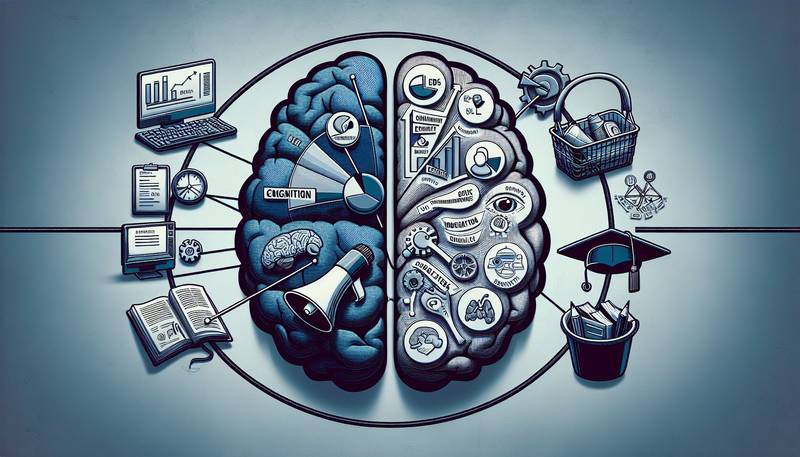 Click
to read the article
Click
to read the article
In this article, we will explore the key concepts and strategies that are used at this intersection, along with real-world examples of their application in educational settings.
Understanding the Psychology of Learning
At the heart of the intersection of psychology and marketing in educational programs lies a deep understanding of how students learn. Educational psychologists study the cognitive processes that underlie learning, memory, and problem-solving, in order to develop strategies that optimize the learning experience. By gaining insights into how students process information, educators can tailor their teaching methods to better suit individual learning styles and preferences.
Applying Marketing Techniques to Education
Marketing is all about understanding the needs and desires of consumers and using that knowledge to create persuasive messages and campaigns that influence behavior. In the context of education, marketing techniques can be used to attract and retain students, promote educational programs, and encourage engagement with course materials. By employing principles of branding, messaging, and audience segmentation, educators can create more impactful learning experiences that resonate with students on a deeper level.
Personalization and Customization
One of the most powerful ways that psychology and marketing intersect in educational programs is through the use of personalization and customization. By tailoring the learning experience to the unique needs and preferences of each student, educators can create a more engaging and effective educational environment. By using data analytics and feedback mechanisms, educators can gather information about students' learning styles, preferences, and progress, and use that information to personalize the learning experience. This can include everything from customized lesson plans and assignments to targeted feedback and support.
Social Proof and Peer Influence
Another key concept at the intersection of psychology and marketing in educational programs is the idea of social proof and peer influence. People are influenced by the behavior and opinions of others, and this can be a powerful tool for educators and marketers to leverage in the classroom. By showcasing examples of successful students, creating a sense of community and belonging, and encouraging collaboration and peer-to-peer learning, educators can tap into the power of social proof to motivate and inspire students to achieve their full potential.
Gamification and Rewards
Psychology research has shown that people are highly motivated by rewards and incentives, and this principle can be effectively applied in educational programs through the use of gamification. By incorporating game-like elements such as points, badges, leaderboards, and rewards into the learning experience, educators can create a more engaging and interactive environment that encourages students to stay motivated and committed to their educational goals. Gamification can also help to make learning more fun and enjoyable, thereby increasing student engagement and retention.
Conclusion
The intersection of psychology and marketing in educational programs offers a wealth of opportunities for educators to enhance student learning outcomes and create more engaging and effective educational experiences. By leveraging the principles of psychology and marketing, educators can gain deeper insights into student behavior and motivation, tailor their teaching methods to better suit individual learning styles, and create a more personalized and interactive learning environment. By applying techniques such as personalization, social proof, gamification, and rewards, educators can create a more impactful educational experience that resonates with students on a deeper level. As technology continues to advance, the intersection of psychology and marketing in educational programs will only become more relevant and essential in shaping the future of education.
Recent posts
Random news
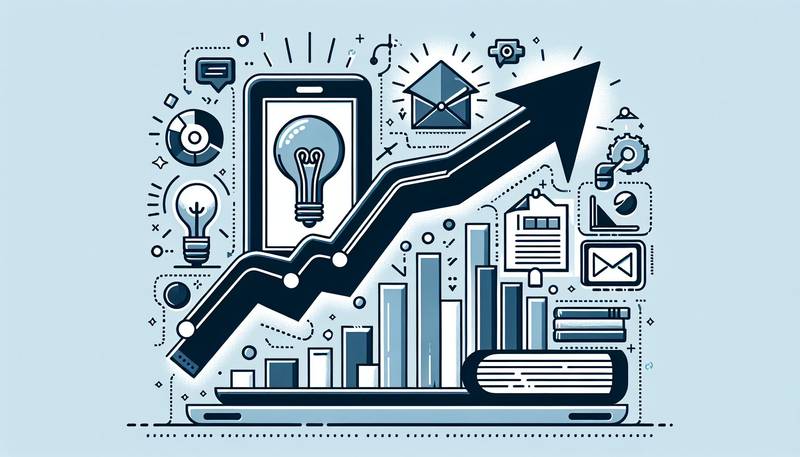
The Growth of E-commerce and its Impact on Marketing Education
- 2023-12-25T00:00:00Z
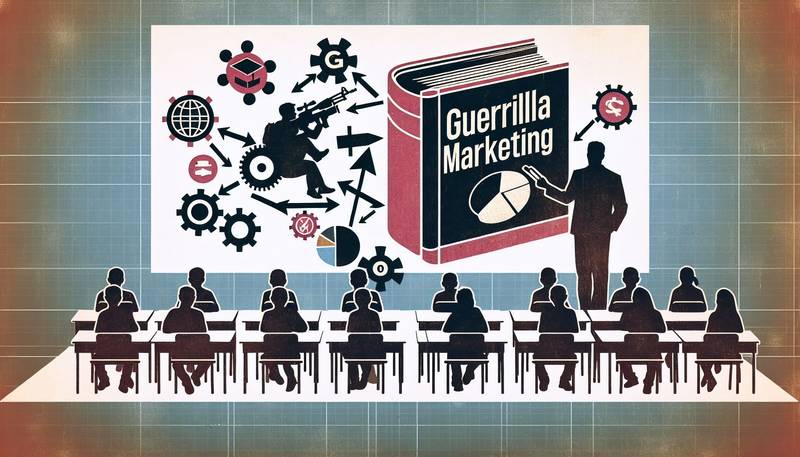
The Relevance of Guerrilla Marketing in Educational Curricula
- 2024-01-01T00:00:00Z

Teaching Customer-Centric Marketing Strategies
- 2023-12-30T00:00:00Z
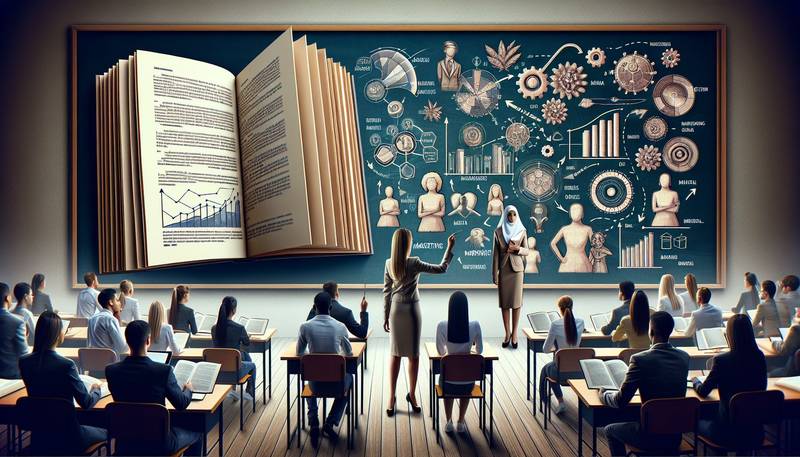
Utilizing Case Studies in Marketing Education for Real-World Learning
- 2024-01-15T00:00:00Z

Sustainability and Ethics in Modern Marketing Education
- 2024-02-27T00:00:00Z

Leveraging Big Data in Marketing Education
- 2023-12-31T00:00:00Z
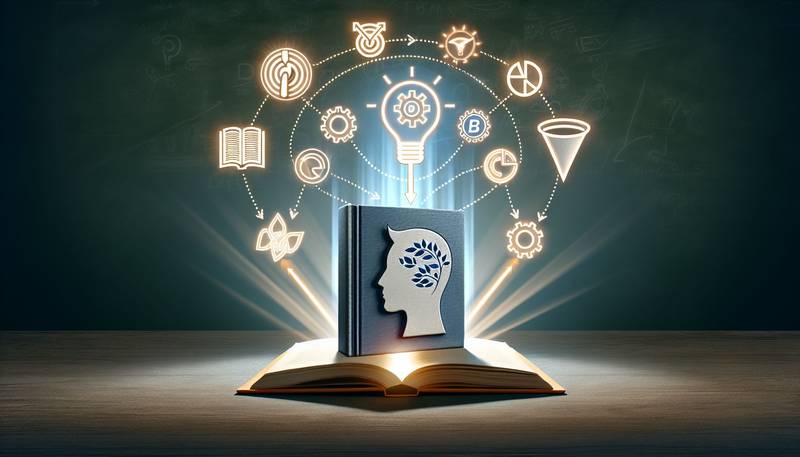
Personal Branding and its Importance in Marketing Education
- 2024-02-10T00:00:00Z
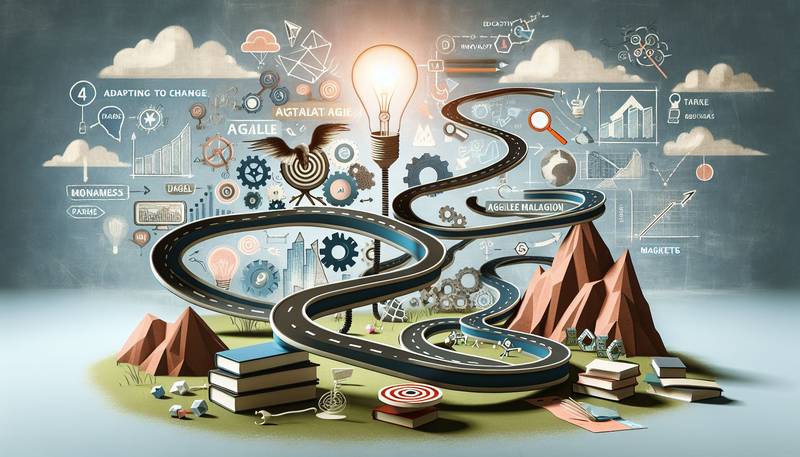
Adapting to Change: Agile Methodologies in Marketing Education
- 2024-02-14T00:00:00Z
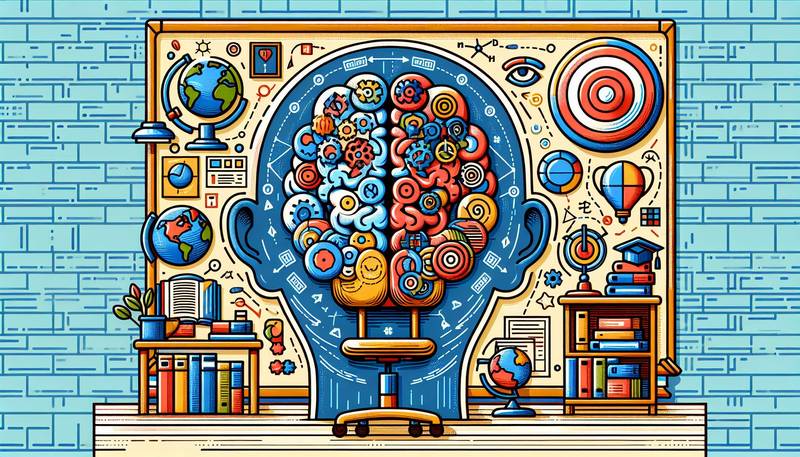
The Intersection of Psychology and Marketing in Educational Programs
- 2024-01-14T00:00:00Z
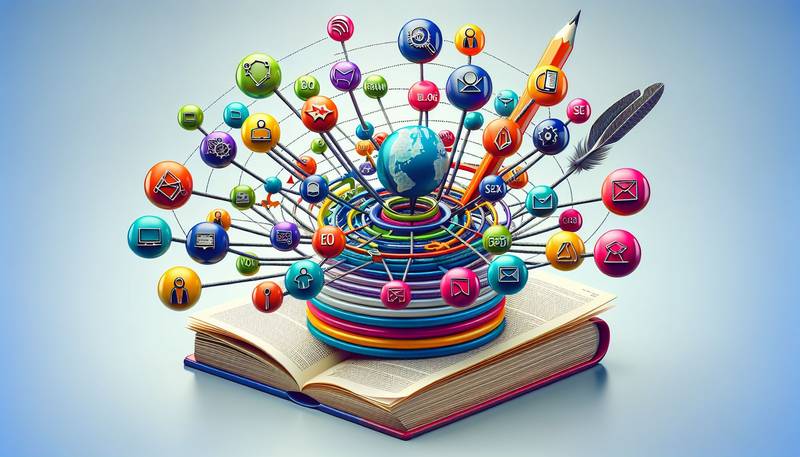
Content Marketing: Crafting a Core Component of Marketing Education
- 2023-12-18T00:00:00Z
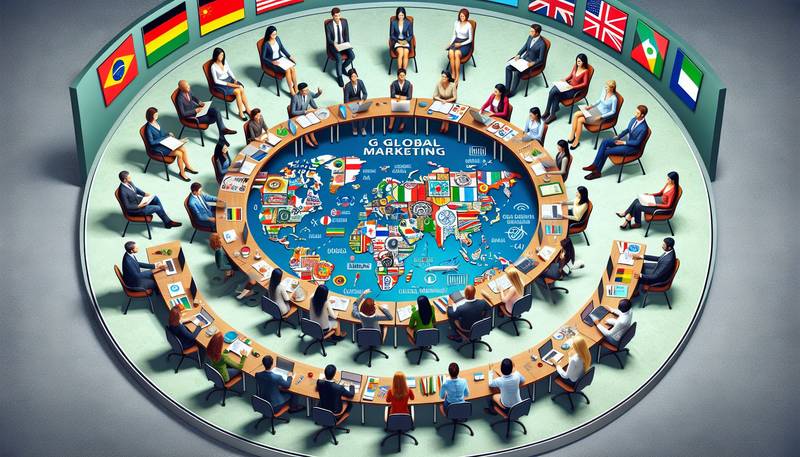
The Importance of Cultural Competency in Global Marketing Education
- 2024-01-15T00:00:00Z
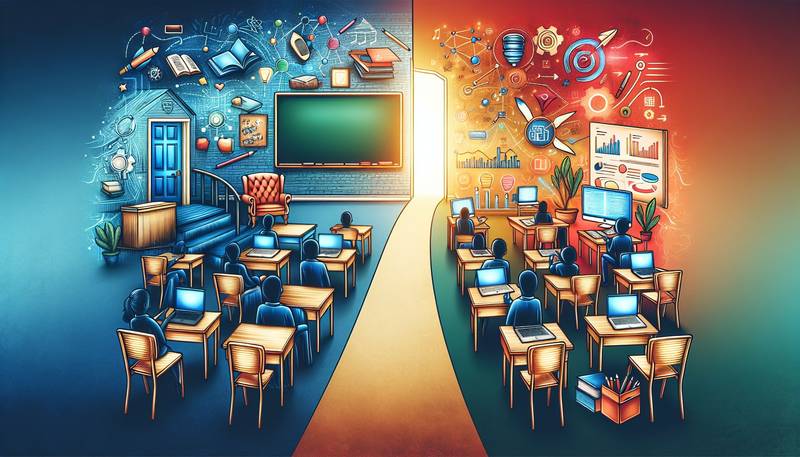
Building a Successful Career in Marketing through Education
- 2024-01-04T00:00:00Z
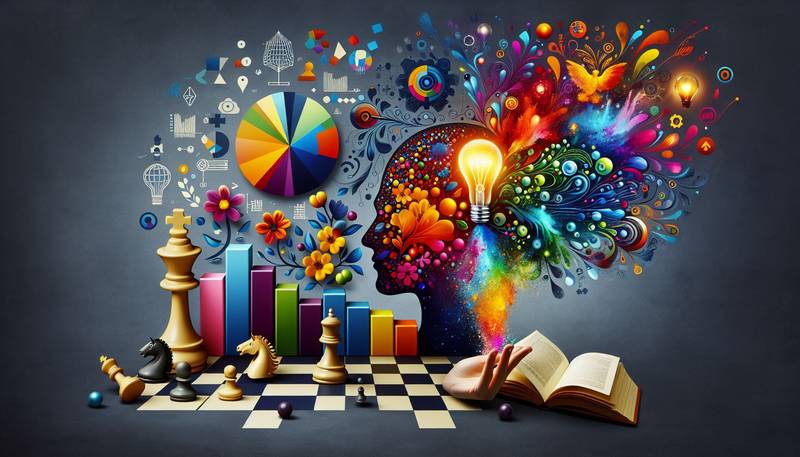
The Power of Visual Storytelling in Marketing Education
- 2024-02-05T00:00:00Z

Influencer Marketing: Teaching the New Age of Endorsement
- 2024-02-09T00:00:00Z

Building Collaborative Skills in Marketing Students through Team-Based Projects
- 2024-02-10T00:00:00Z

Email Marketing: An Indispensable Skill in Marketing Education
- 2024-01-27T00:00:00Z

Blending Traditional and Digital Marketing in Education Programs
- 2024-02-20T00:00:00Z
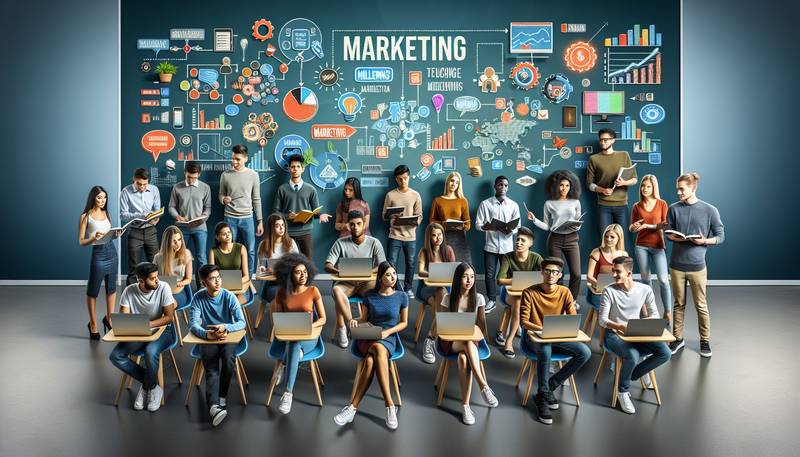
Engaging Millennials and Gen Z in Marketing Education
- 2024-01-10T00:00:00Z
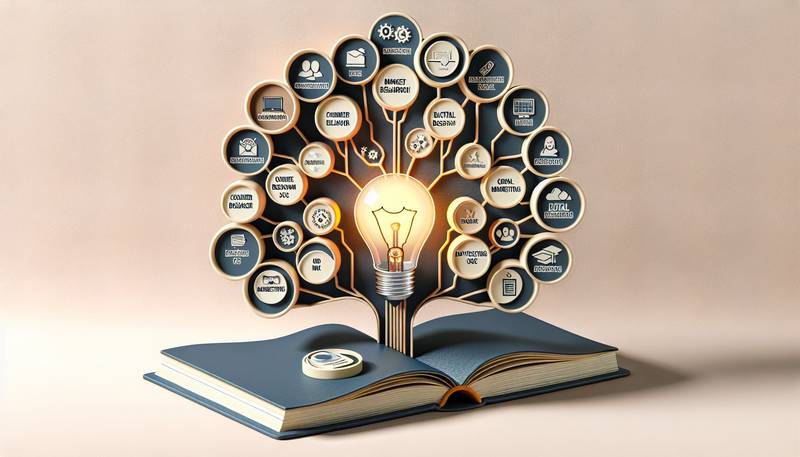
Branding Basics: An Essential Course in Marketing Education
- 2024-02-27T00:00:00Z

Mobile Marketing: Education for the Smartphone Era
- 2024-01-13T00:00:00Z

The Synergy between Marketing and Sales: An Educational Perspective
- 2024-02-26T00:00:00Z
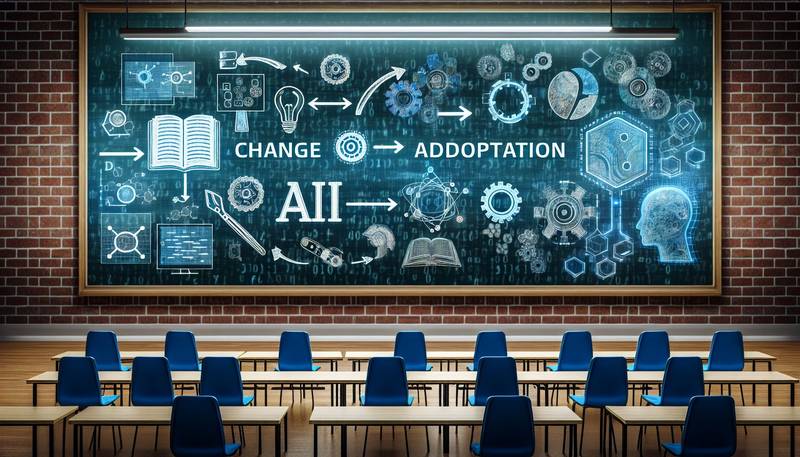

Cross-Cultural Marketing Education: Preparing for Global Challenges
- 2024-03-02T00:00:00Z
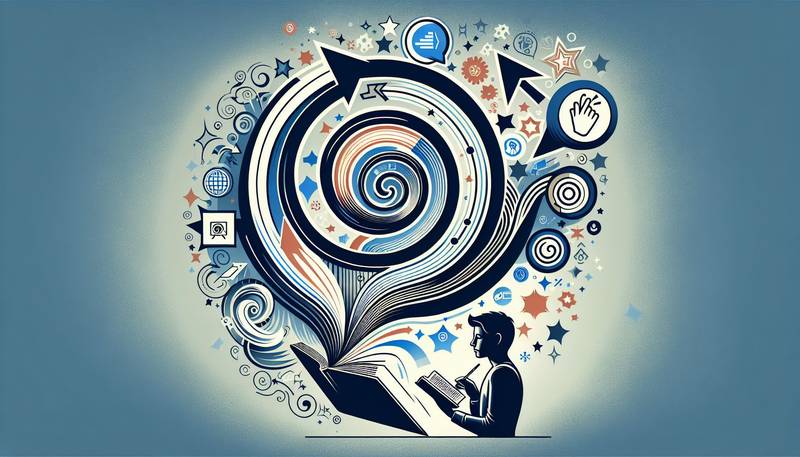
Staying Ahead: Continuous Learning in Marketing
- 2023-12-04T00:00:00Z

From Concept to Market: The Product Development Process
- 2024-02-25T00:00:00Z
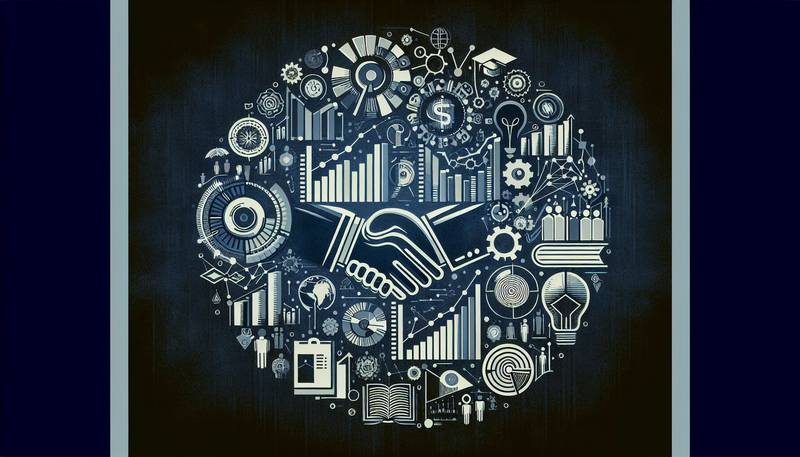
Personal Selling and Sales Management in Marketing Education
- 2023-12-30T00:00:00Z

How to Design an Effective Marketing Education Curriculum
- 2024-03-01T00:00:00Z
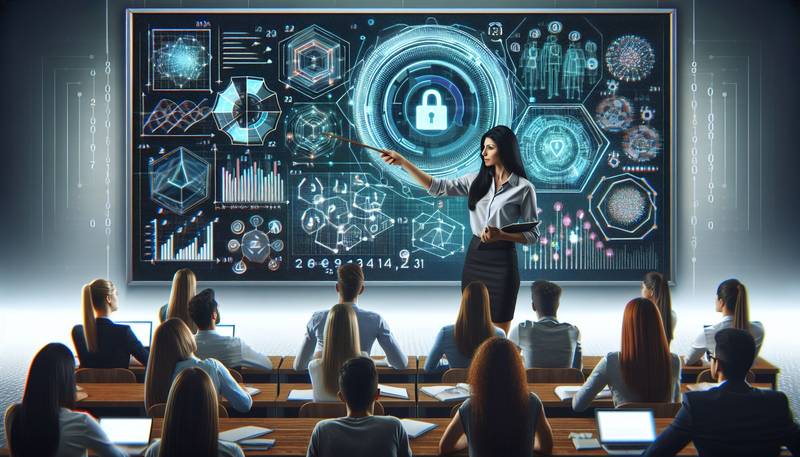
Teaching the Future: Predictive Analytics in Marketing Education
- 2023-12-03T00:00:00Z

Developing Leadership Skills through Marketing Education
- 2024-02-13T00:00:00Z

Marketing Automation: Teaching the Tools of Efficiency
- 2023-12-18T00:00:00Z

Crisis Management and Communication in Marketing Education
- 2024-01-14T00:00:00Z
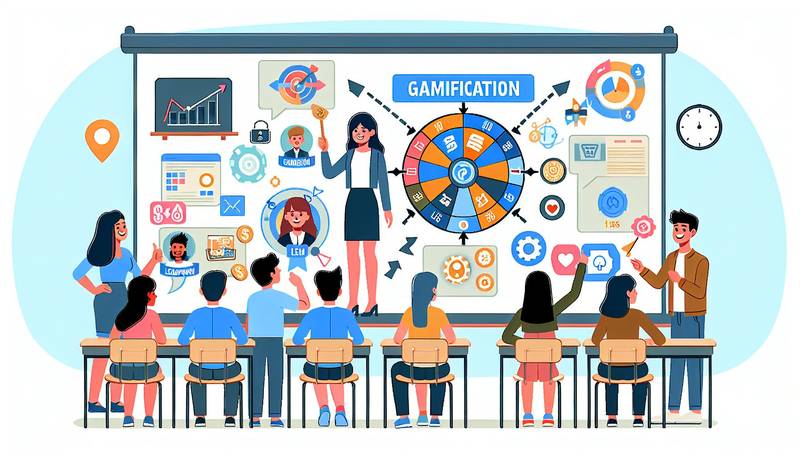
How to Effectively Use Gamification in Marketing Education
- 2024-03-01T00:00:00Z
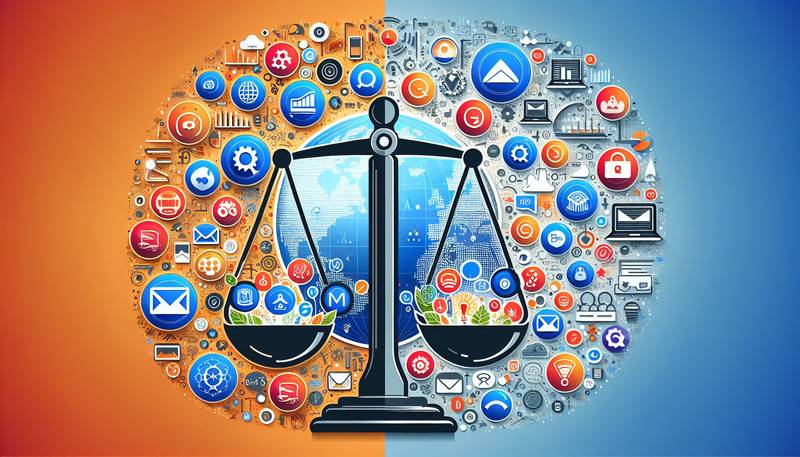
Understanding the Marketing Mix in Today's Digital World
- 2024-01-20T00:00:00Z

Understanding Consumer Behavior: A Foundation of Marketing Education
- 2024-01-07T00:00:00Z

Emerging Trends in Marketing Education for the 21st Century
- 2024-02-06T00:00:00Z
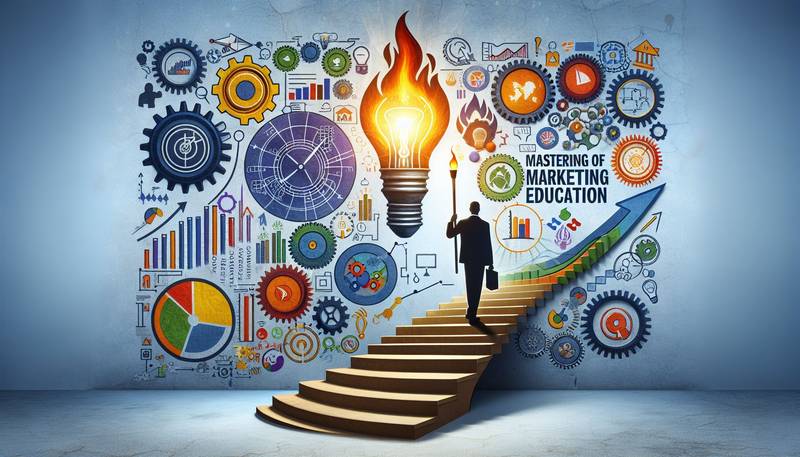
Mastering the Fundamentals of Marketing Education
- 2023-12-17T00:00:00Z

Integrating Customer Feedback into Marketing Educational Programs
- 2023-12-21T00:00:00Z

The Future of Marketing Education: Predictions and Preparations
- 2024-03-11T00:00:00Z
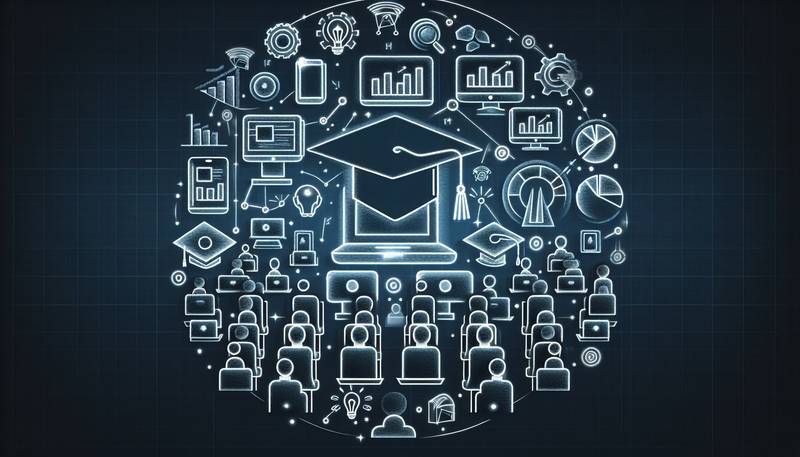
Integrating Digital Tools into Marketing Education
- 2024-02-22T00:00:00Z
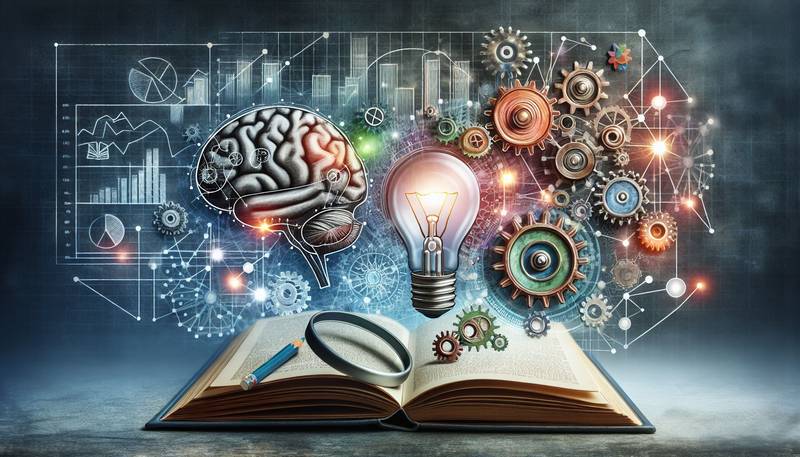
Strategic Marketing Planning: A Key Focus in Marketing Education
- 2024-02-23T00:00:00Z
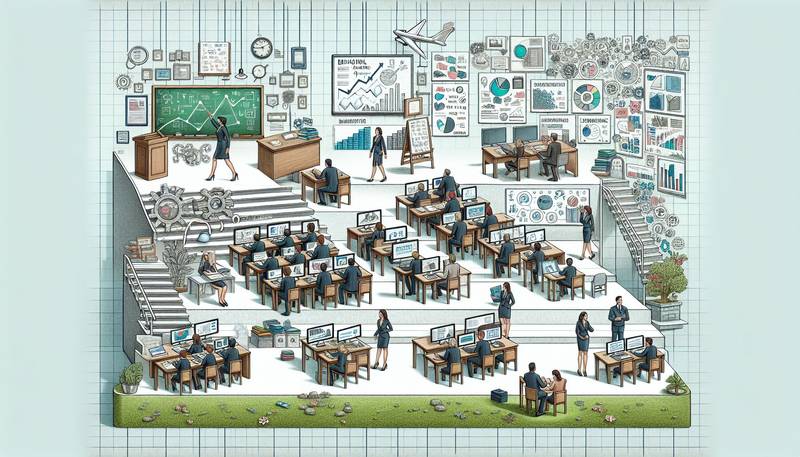
From Classroom to Career: Marketing Education Pathways
- 2024-03-04T00:00:00Z

The Advantages of Online Marketing Education
- 2024-02-23T00:00:00Z
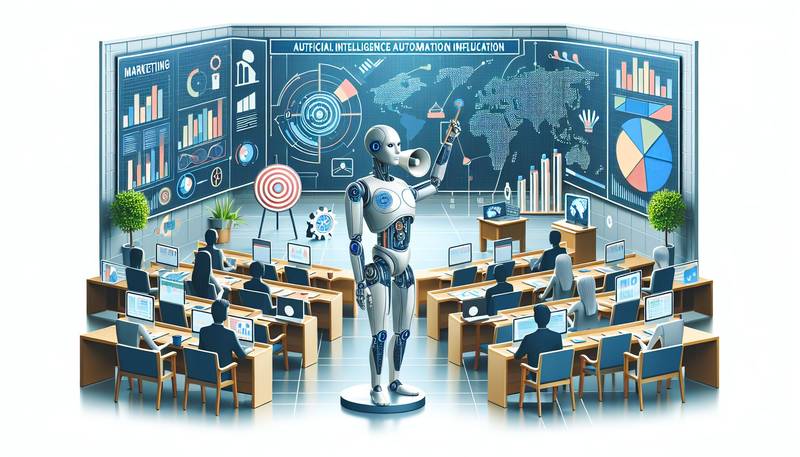
The Impact of AI and Automation on Marketing Education
- 2023-12-11T00:00:00Z
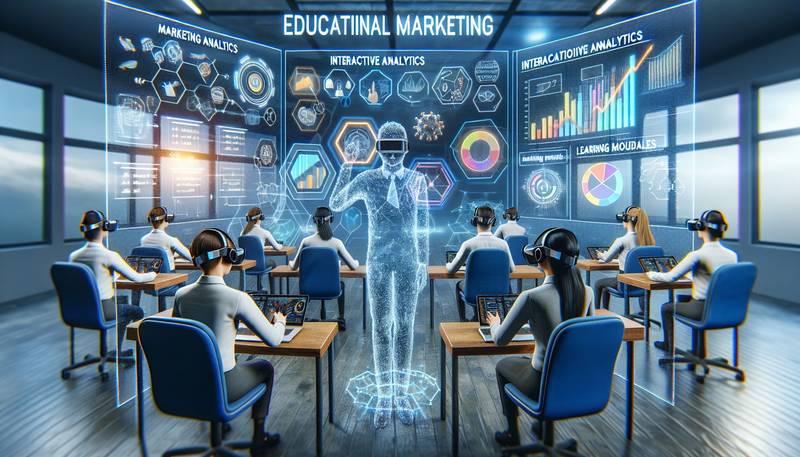
Utilizing Virtual Reality in Marketing Education
- 2024-01-01T00:00:00Z

Collaborative Learning in Marketing Education: Benefits and Strategies
- 2023-12-30T00:00:00Z

The Significance of Customer Relationship Management in Marketing Education
- 2024-01-29T00:00:00Z

Public Relations and Its Role in a Marketing Education
- 2023-12-11T00:00:00Z

Search Engine Optimization: A Must-Have Skill in Marketing Education
- 2024-02-15T00:00:00Z
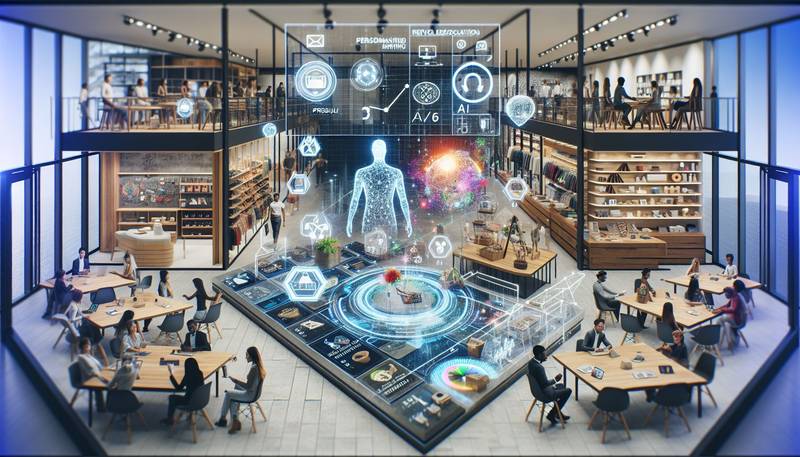
Innovation in Retail Marketing: Trends and Education
- 2024-03-07T00:00:00Z
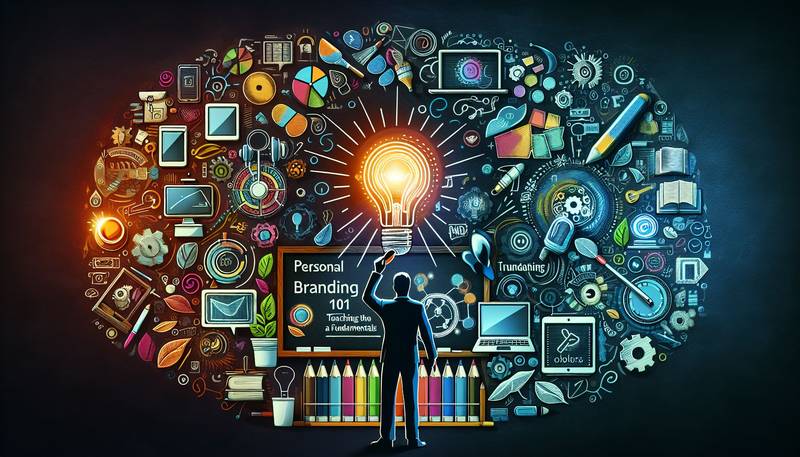
Personal Branding 101: Teaching the Fundamentals in a Digital Age
- 2023-12-03T00:00:00Z

The Role of Experiential Learning in Shaping Tomorrow's Marketing Leaders
- 2024-02-16T00:00:00Z
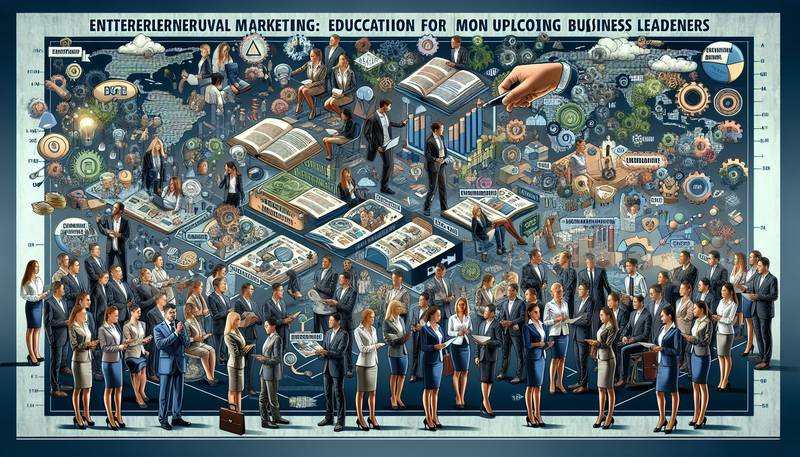
Entrepreneurial Marketing: Education for Upcoming Business Leaders
- 2024-01-06T00:00:00Z

Building and Managing Strong Brands: A Marketing Education Focus
- 2024-02-05T00:00:00Z
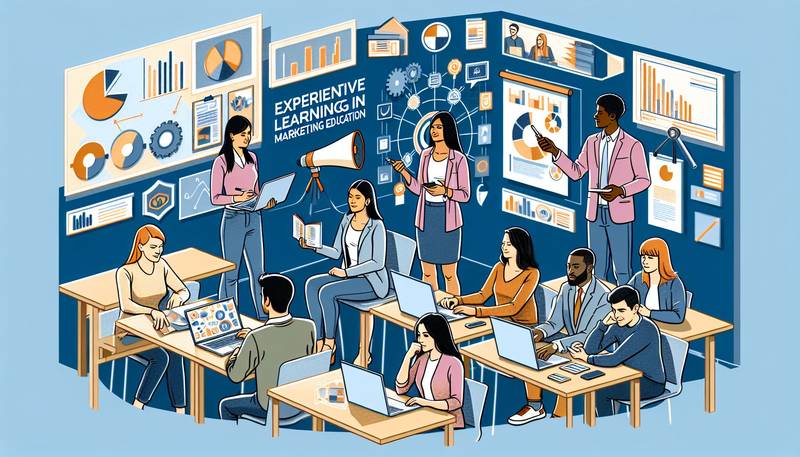
The Benefits of Experiential Learning in Marketing Education
- 2024-01-05T00:00:00Z
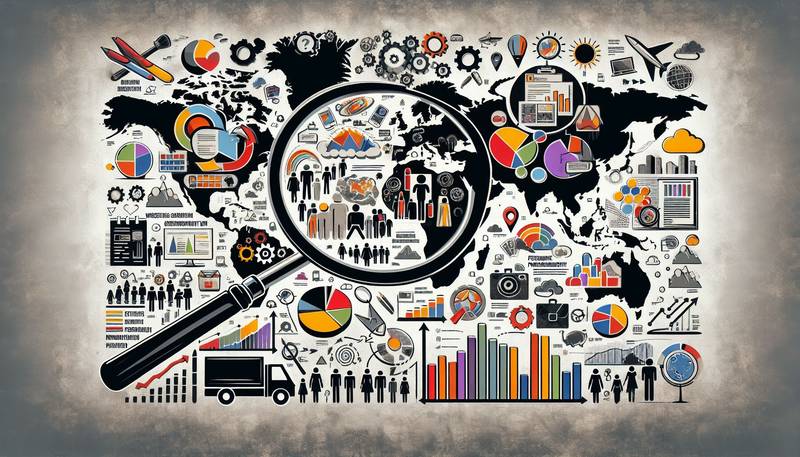
Developing Effective Marketing Communications Strategies
- 2024-01-30T00:00:00Z
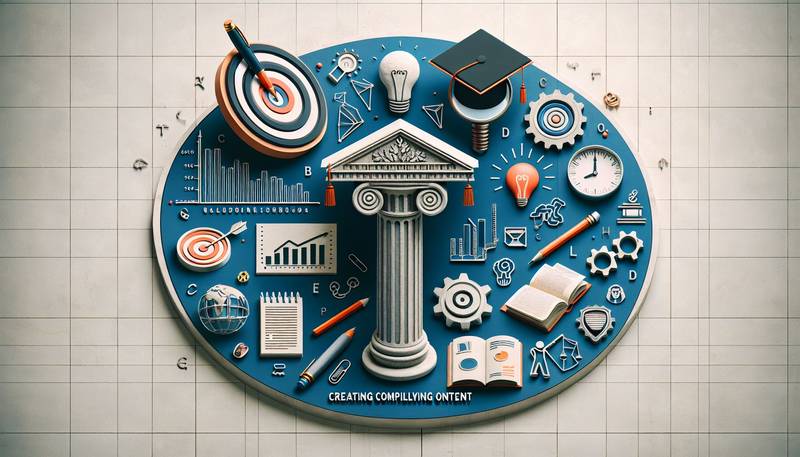
Creating Compelling Content: A Pillar of Marketing Education
- 2024-02-04T00:00:00Z

Viral Marketing: Strategies and Education
- 2024-01-22T00:00:00Z
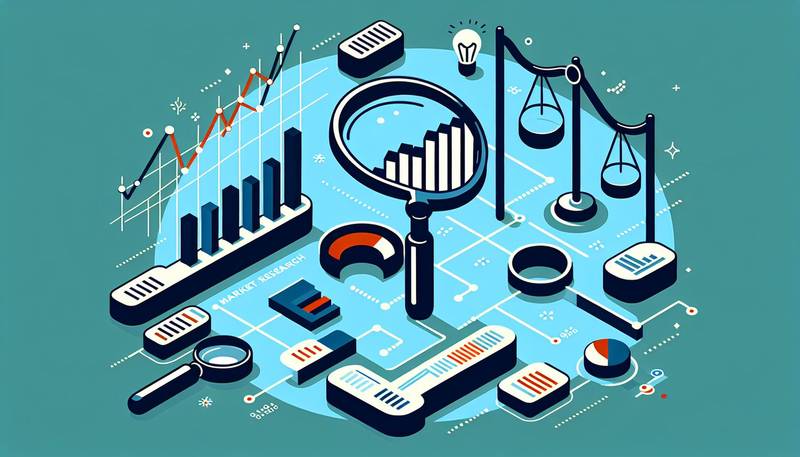
Teaching the Importance of Market Research in Decision Making
- 2024-03-07T00:00:00Z

Teaching the Art and Science of Pricing Strategies in Marketing
- 2024-01-10T00:00:00Z
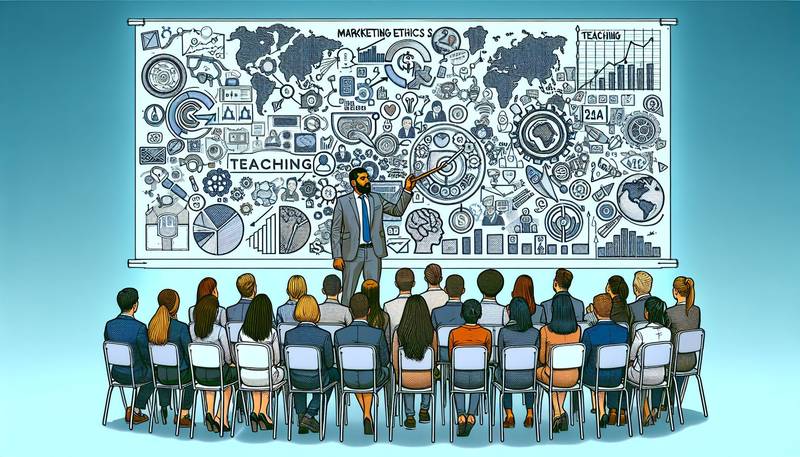
Challenges and Solutions in Teaching Marketing Ethics
- 2023-12-04T00:00:00Z

The Importance of User Experience (UX) in Marketing
- 2023-12-10T00:00:00Z
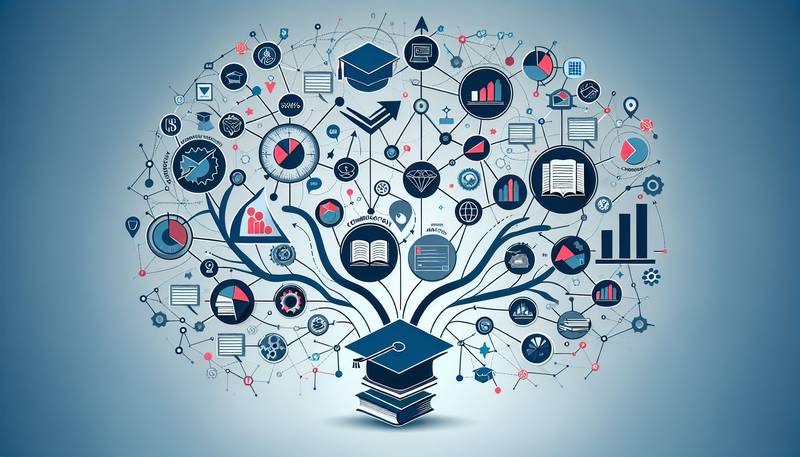
Direct Marketing Techniques in the Educational Curriculum
- 2023-12-21T00:00:00Z
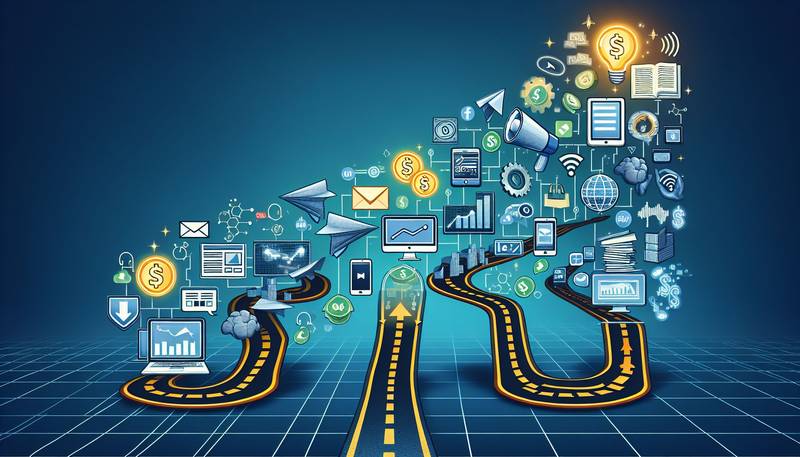
The Evolution of Marketing Education in the Digital Era
- 2023-12-14T00:00:00Z

The Role of Social Media in Modern Marketing Education
- 2024-03-10T00:00:00Z
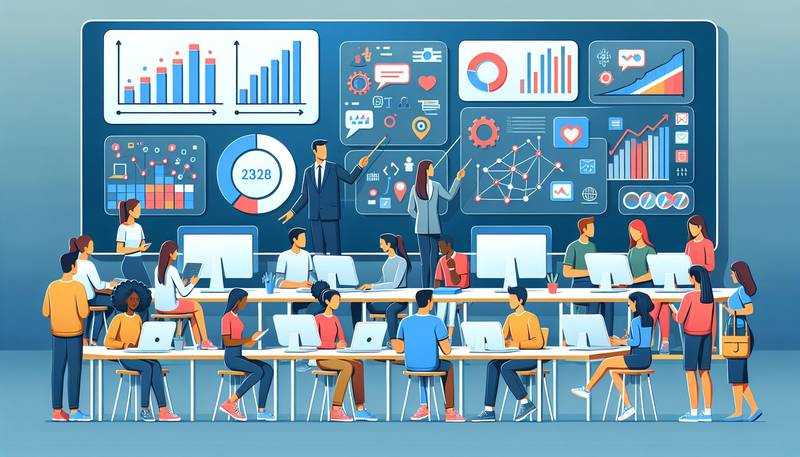
Digital Advertising: A Core Subject in Marketing Education Today
- 2024-02-02T00:00:00Z
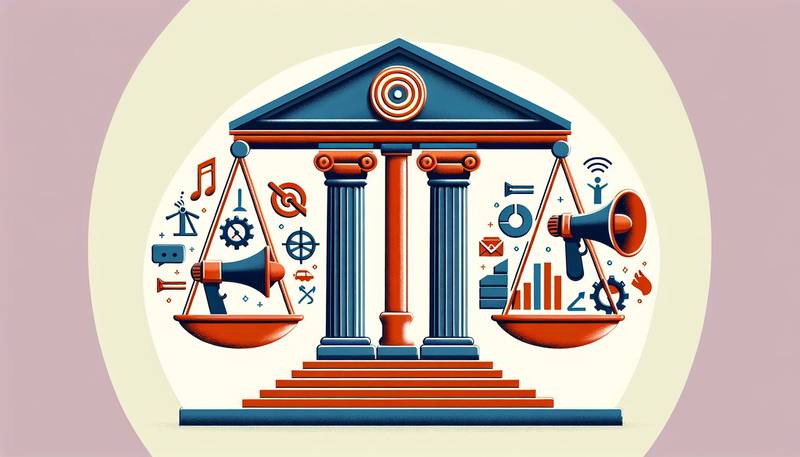
Teaching the Legal Aspects of Marketing
- 2023-12-04T00:00:00Z
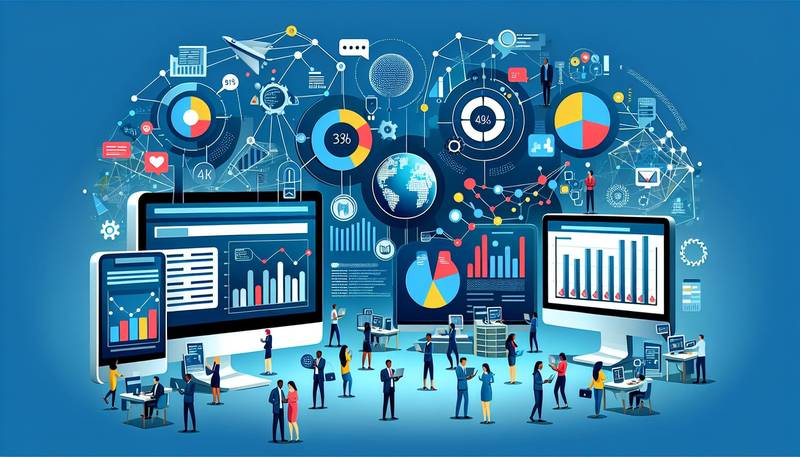
Web Analytics and Digital Insights for Marketing Professionals
- 2024-01-05T00:00:00Z
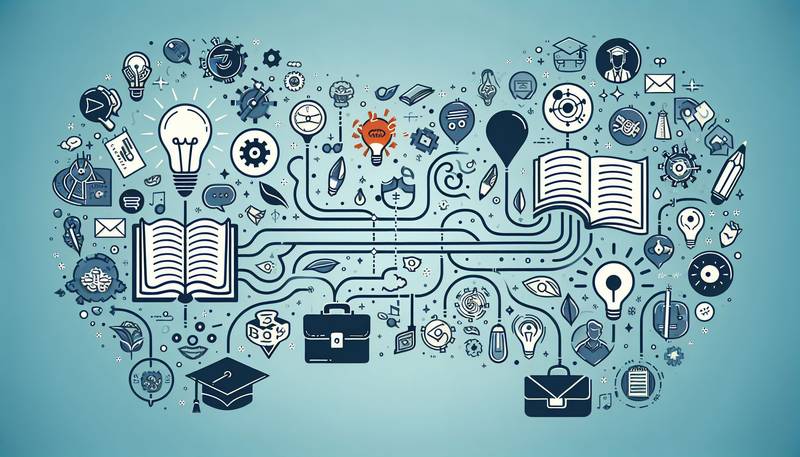
The Role of Storytelling in Effective Marketing Education
- 2023-12-26T00:00:00Z

Sustainability and Ethics in Marketing: Incorporating Modern Values into Education
- 2024-02-23T00:00:00Z
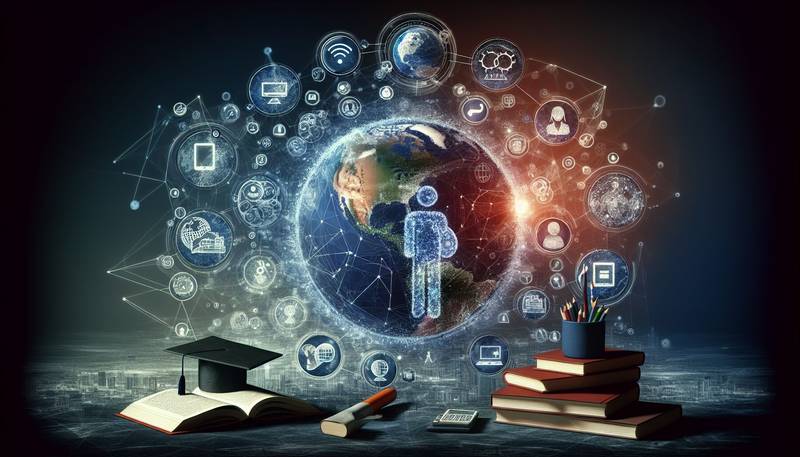
Leveraging Social Media in Marketing Education: Opportunities and Challenges
- 2024-01-08T00:00:00Z

Nurturing Creativity and Innovation in Marketing Students
- 2024-02-13T00:00:00Z
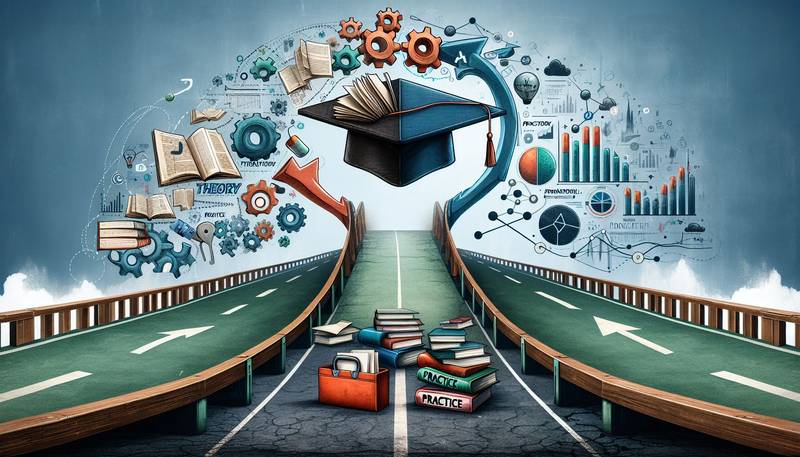
Bridging the Gap between Theory and Practice in Marketing Education
- 2024-01-05T00:00:00Z

The Role of Internships in Enhancing Marketing Education
- 2023-12-25T00:00:00Z
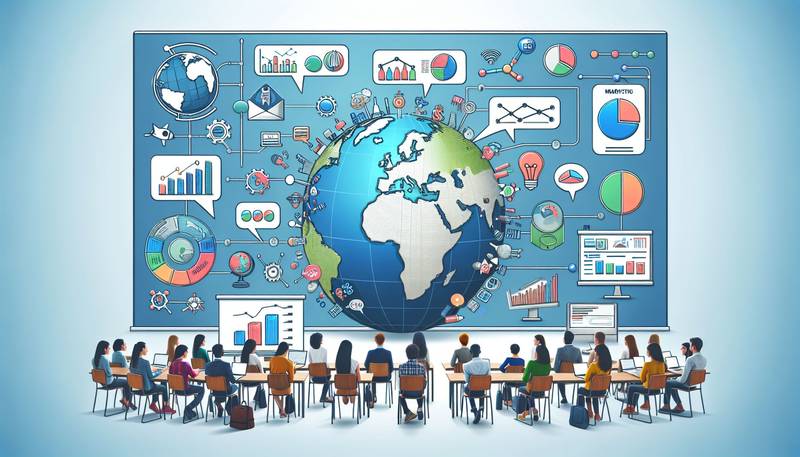
The Importance of Analytics in Marketing Education
- 2024-02-25T00:00:00Z
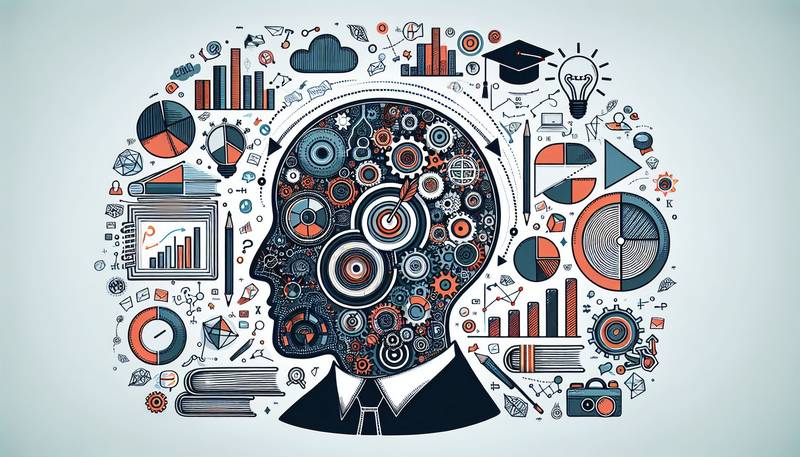
The Role of Design Thinking in Marketing Education
- 2023-12-06T00:00:00Z

The Importance of Creativity in Marketing Education
- 2024-01-16T00:00:00Z
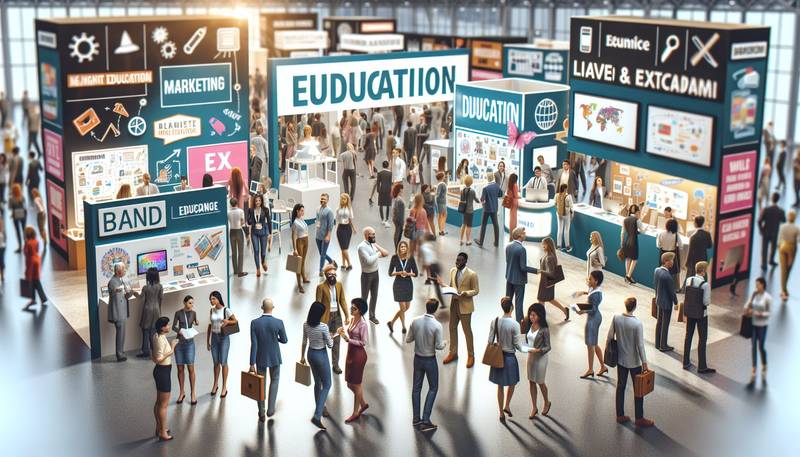
Event Marketing: Education for Memorable Brand Experiences
- 2024-01-21T00:00:00Z

Evaluating Marketing Education: Metrics for Success
- 2023-12-18T00:00:00Z

Global Marketing Strategies: Education for a Borderless World
- 2024-02-07T00:00:00Z

Navigating the World of Affiliate Marketing in Educational Programs
- 2024-01-15T00:00:00Z

The Importance of Networking in Marketing Education
- 2024-01-30T00:00:00Z

B2B Marketing: Developing Skills for the Business Market
- 2023-12-25T00:00:00Z
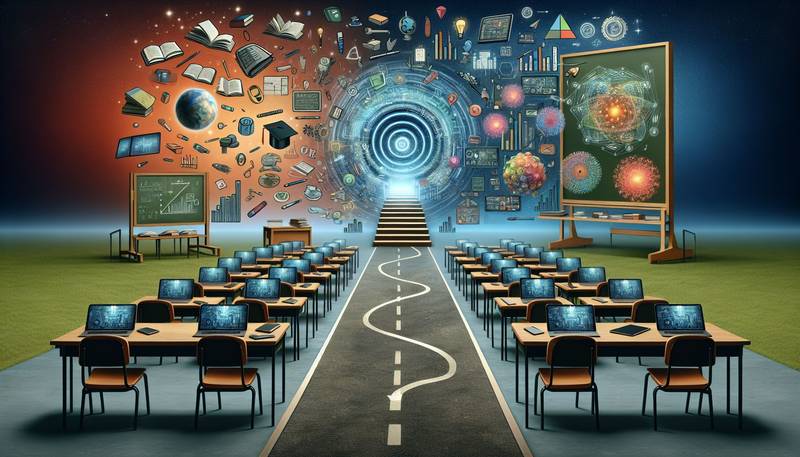
How Technology is Reshaping Marketing Education
- 2024-01-27T00:00:00Z
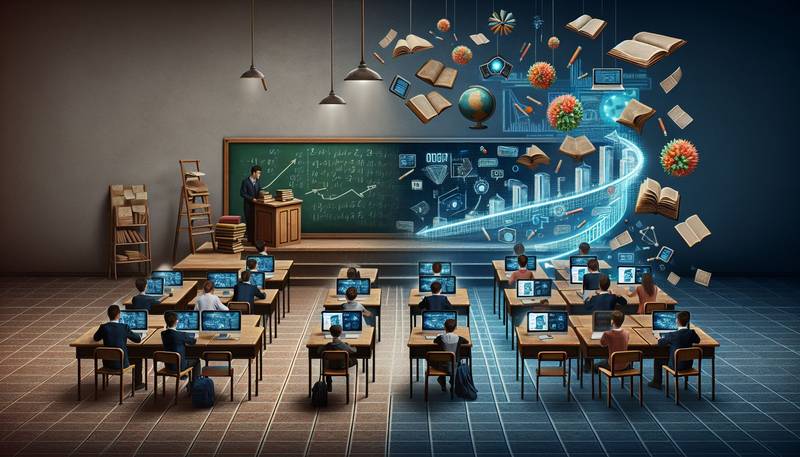
The Evolution of Marketing Education: Preparing Students for a Data-Driven World
- 2023-12-21T00:00:00Z
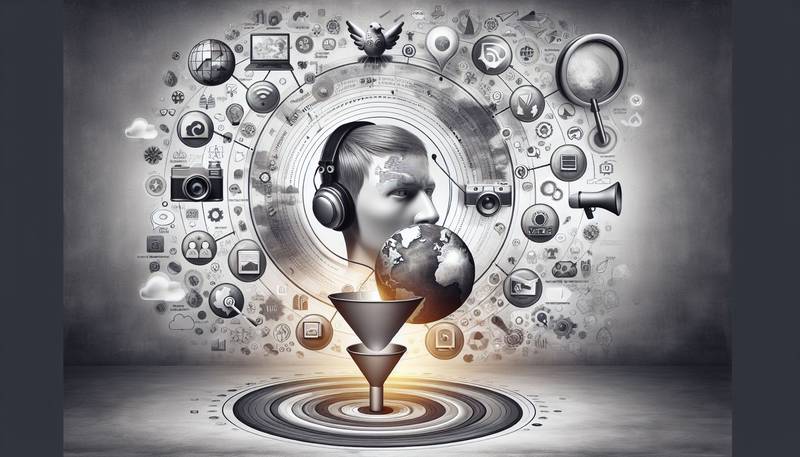
Effective Use of Social Listening Tools in Marketing
- 2024-02-18T00:00:00Z
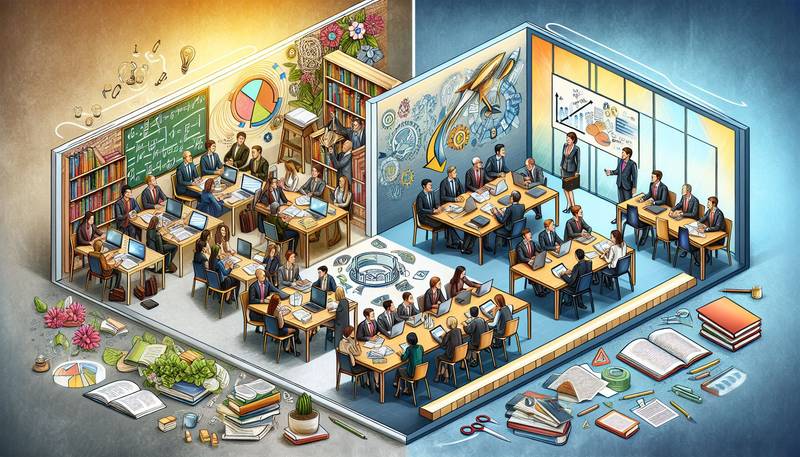
From Classroom to Boardroom: Real-World Applications of Marketing Theories
- 2024-02-04T00:00:00Z

Exploring the Intersection of Psychology and Marketing in Educational Programs
- 2024-02-16T00:00:00Z
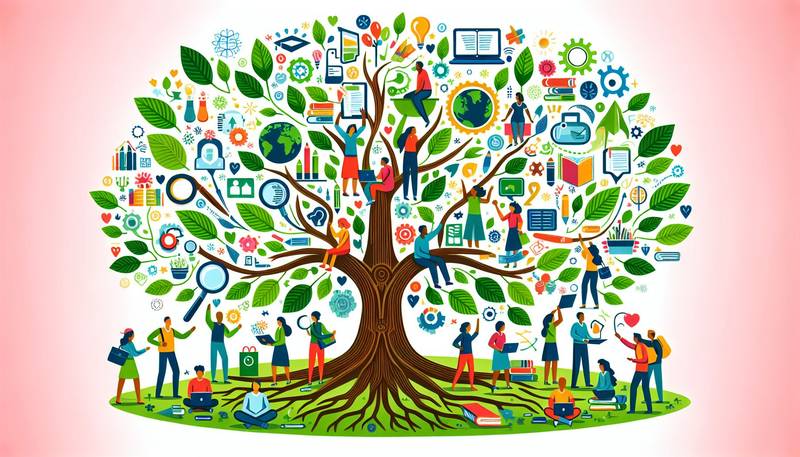
Marketing for Social Impact: Education for Change
- 2023-12-10T00:00:00Z

Lifestyle Marketing: Connecting Brands with Consumers' Lives
- 2024-01-05T00:00:00Z
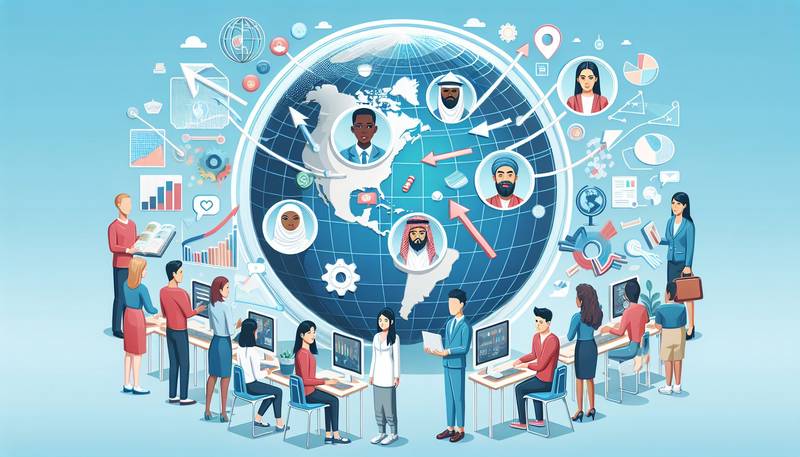
Developing a Global Mindset through Marketing Education
- 2024-02-23T00:00:00Z
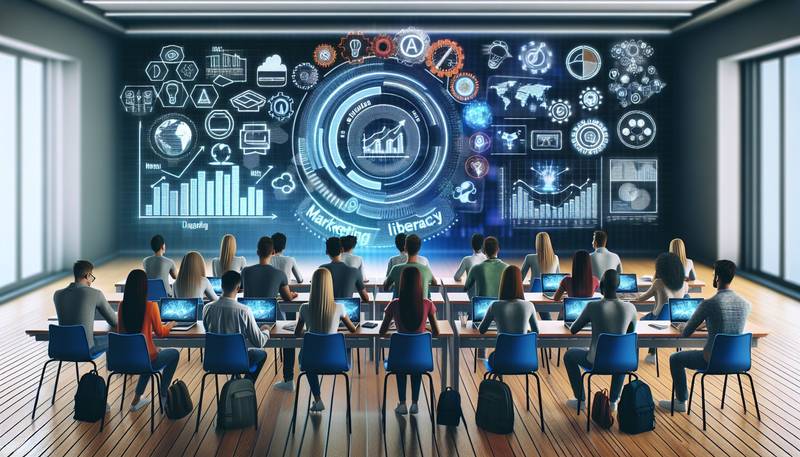
Enhancing Digital Literacy in Marketing Education
- 2024-02-07T00:00:00Z

Adapting Marketing Strategies for the Non-Profit Sector
- 2024-03-04T00:00:00Z
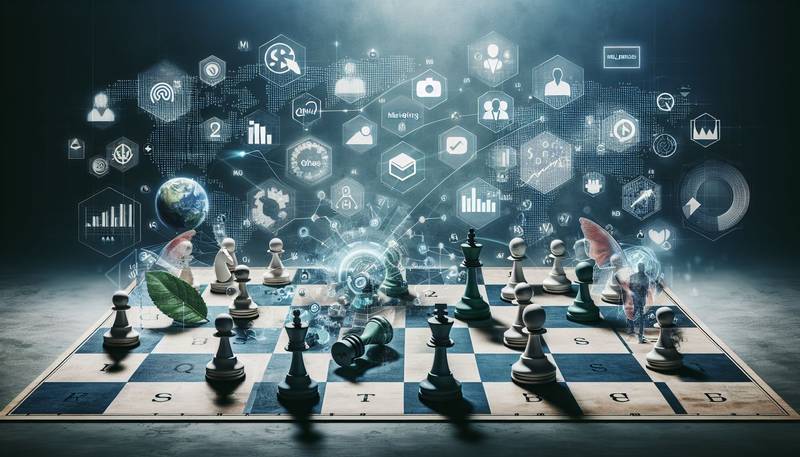
Marketing to Millennials: Challenges and Strategies
- 2024-02-20T00:00:00Z

The Role of Data Privacy in Marketing Education
- 2023-12-19T00:00:00Z
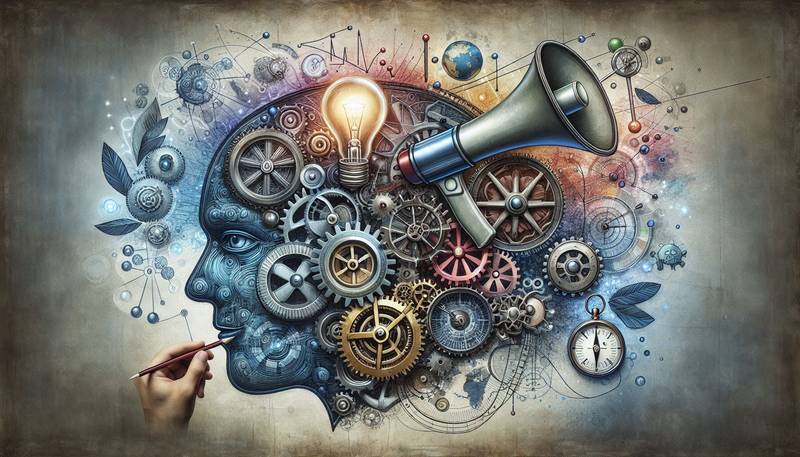
The Art of Convincing: Persuasion Techniques in Marketing
- 2024-02-06T00:00:00Z

Preparing Marketers for the Challenges of Globalization
- 2024-01-25T00:00:00Z

Bridging the Gap: Integrating Digital Tools into Traditional Marketing Curriculum
- 2024-02-04T00:00:00Z

Crowdfunding as a Marketing Tool: An Educational Perspective
- 2023-12-11T00:00:00Z

Navigating the Future of Marketing Education: Trends and Innovations
- 2023-12-08T00:00:00Z

Cultivating Strategic Thinking in Marketers through Education
- 2023-12-06T00:00:00Z
 Marketing Minds: Unleashing Your Potential in the Modern Age
Marketing Minds: Unleashing Your Potential in the Modern Age